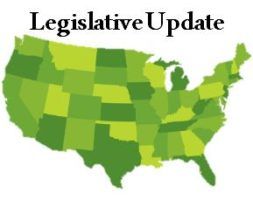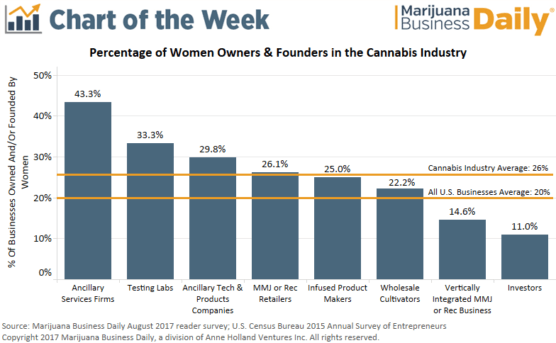By Omar Sacirbey
A major bank’s decision to close accounts tied to the Marijuana Policy Project and NORML put cannabis advocacy groups on high alert, with some fearing the start of a concerted attack on the MJ movement by the Trump administration.
But the groups say it appears those initial fears were overblown.
The closures seem to have been isolated to PNC Bank, the nation’s sixth-largest financial institution.
In June, PNC pulled an account belonging to the Marijuana Policy Project (MPP), saying it “couldn’t afford the risk.”
While banking issues are common for plant-touching companies as well as ancillary cannabis firms, the moves against two advocacy groups in a short period of time stoked concerns of an impending crackdown.
Some industry advocates remain on edge and have taken steps to protect their accounts, but several said they see no signs of a broad-based crackdown by the federal government. In fact, both MPP and NORML already have found new institutions to bank their money.
Aaron Smith, executive director of the National Cannabis Industry Association (NCIA), said his group has good relations with the multiple banks that hold its accounts. NCIA opened its oldest bank account in 2010 and hasn’t run into any problems with it, he added.
Smith believes the recent closures are an exception and don’t represent a looming crackdown on advocacy groups.
“I think that it’s somebody at a particular bank compliance department that’s overreaching in their interpretation of Department of Justice policy,” Smith said. “These are legal nonprofits that are recognized by the IRS as tax-exempt organizations.
“And the IRS, which is a division of Treasury, does not grant tax-exempt status to illegal businesses. For us to get the nonprofit status, we have to, in great detail, describe the services we provide and why we earned that tax-exempt status.”
A spokesperson for another advocacy group agreed.
“I don’t think there is necessarily a concerted campaign from the federal government contacting banks, telling them not to do this. I think there have been some communications between the federal government and banks, and when something comes across someone’s radar, that’s what activates scrutiny,” the spokesperson, who requested anonymity, told Marijuana Business Daily.
Mum’s the word
The spokesperson said one way for marijuana advocacy groups to protect their accounts is by not doing on-the-record media interviews about banking – which is why the representative didn’t want the group to be identified in this story.
“Part of not getting banks to close down your account is not being in articles about banks closing down accounts,” the spokesperson said. “This is a radar issue.”
The spokesperson said one of the organization’s accounts was shut down in 2007.
Finding a new bank that would accept the group’s account took only a couple of days. But filling out documents, opening a new account and working through other logistics took a few weeks.
“It was definitely disruptive,” the spokesperson said.
Betty Altworth, executive director of Students for a Sensible Drug Policy (SSDP), agreed that keeping a group’s name out of banking-related news stories is a smart move.
However, she did provide a statement on the issue to Marijuana Business Daily.
“Organizations such as MPP and SSDP engage in the very legal and constitutionally protected acts of advocacy and education which are controlled by an extensive set of state and federal laws and regulations,” Altworth wrote in an email.
“Refusing to provide banking services to an organization which seeks to expand justice and liberty is an outrage, and it’s difficult to imagine the decision is not motivated by an effort to stymie progress and social change.”
NORML and Drug Policy Alliance weren’t available for comment.
Other matters
Cannabis advocacy groups have faced financial issues beyond closed banking accounts.
NCIA has lost what Smith calls “minor merchant processing services.”
For example, he said, credit card processing company Squared had been taking payments for NCIA events but one day closed the group’s account without warning.
Square’s explanation: It reserves the right to shut down any account, and NCIA “didn’t fit the bill.”
‘Reasonable’ banks
The good news for cannabis advocacy groups, Smith said, is that while a handful of financial institutions may discriminate against non-plant-touching businesses, most don’t.
“It’s easy to move on because there are plenty of banks that are reasonable, especially when you’re talking about ancillary businesses,” he added.
Morgan Fox, a spokesman for Marijuana Policy Project, noted that his group found a new bank within days of PNC’s closure and said the account was up and running in a couple of weeks.
“It wasn’t too hard to find another bank,” he said.
Omar Sacirbey can be reached at omars@mjbizdaily.com




